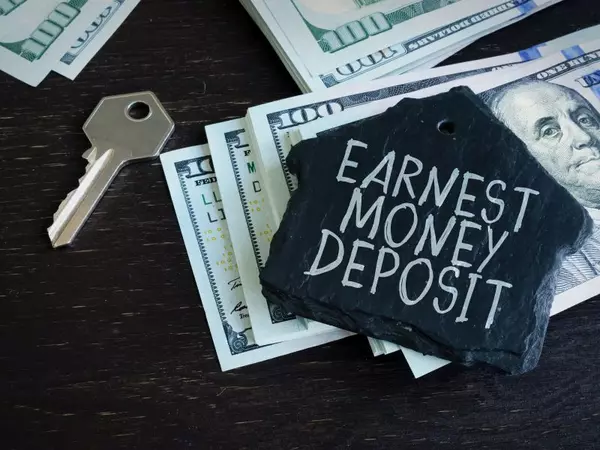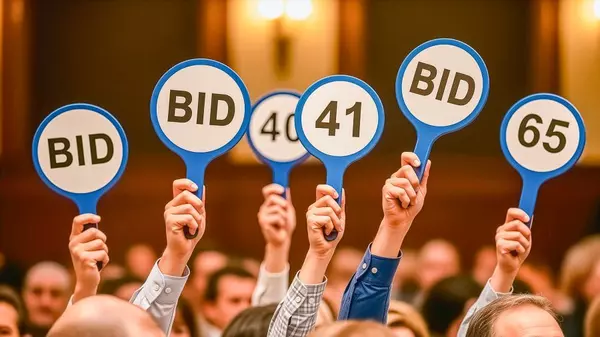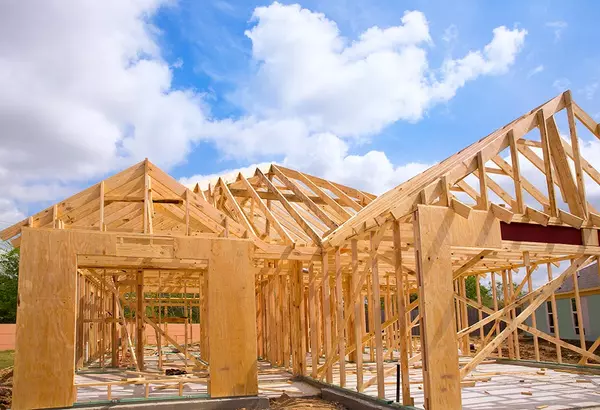What to Budget for When Buying a Home

Buying a home is a significant milestone, but figuring out what to budget for can feel overwhelming. The good news? With the right knowledge, you can prepare confidently and take control of the process.
Here are a few key expenses to plan for as you embark on your homebuying journey:
1. Down Payment
Your down payment is likely one of the first costs you’ll think about, but how much do you really need? Contrary to popular belief, a 20% down payment isn’t always required. Depending on your loan type and financial goals, you may qualify for options with as little as 3.5% or even 0% down.
An article from The Mortgage Reports highlights this flexibility:
“The amount you need to put down will depend on a variety of factors, including the loan type and your financial goals. If you don’t have a large down payment saved up, don’t worry—there are plenty of options available . . .”
A trusted lender can walk you through your loan options, explain down payment requirements, and explore assistance programs that may help. Partnering with professionals ensures you’re informed and prepared to find the best fit for your financial situation.
2. Closing Costs
Closing costs are another essential expense to consider. These fees, typically ranging from 2% to 5% of the loan amount, cover services like appraisals, title insurance, and loan origination. As Bankrate explains:
“Mortgage closing costs are the fees associated with buying a home that you must pay on closing day.”
Your lender can provide an estimate of these costs, so you’ll know what to expect and can budget accordingly. Don’t forget to account for your real estate agent’s professional service fee as well, in case the seller doesn’t cover it. By planning ahead, you can approach closing day with confidence.
3. Earnest Money Deposit (EMD)
An earnest money deposit is another potential expense to keep in mind. This good-faith deposit, typically 1% to 2% of the home’s price, shows the seller you’re serious about your offer.
Fortunately, an EMD isn’t an extra cost—it’s applied toward your down payment or closing costs. As Realtor.com explains:
“It tells the real estate seller you’re in earnest as a buyer . . . Assuming that all goes well and the buyer’s good-faith offer is accepted by the seller, the earnest money funds go toward the down payment and closing costs.”
While not mandatory, an EMD can make your offer more competitive. A real estate advisor can guide you on whether this step is necessary and how to navigate local requirements.
Bottom Line
Knowing what to budget for is the first step to a successful homebuying experience. By understanding the potential costs—down payment, closing fees, and earnest money—you can plan ahead with confidence. With the help of a knowledgeable agent and lender, you’ll have the tools and expertise needed to make informed decisions and move forward on your homeownership journey.
Categories
Recent Posts










